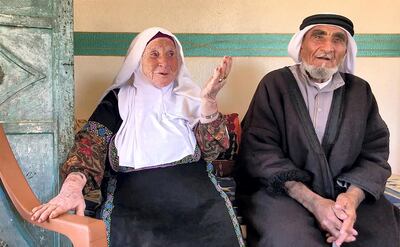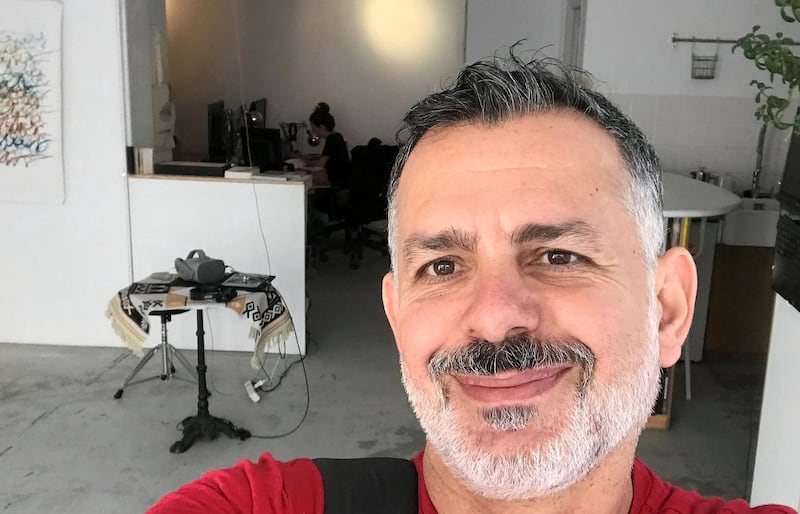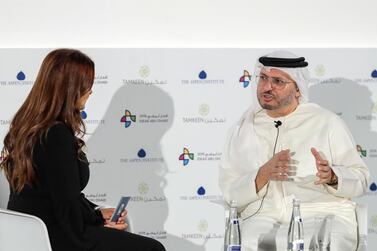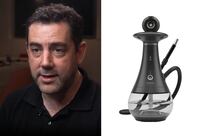A new virtual reality project, made with the help of students from the UAE, is set to provide a unique perspective on life in Palestine.
The series of interactive documentaries were filmed by more than 60 teenagers from the territory over five years.
The idea behind the initiative was to help capture the history and traditions of older generations of Palestinian men and women for a younger audience.
Through a combination of interviews, animation and 3D technology, viewers are treated to an increasingly rare glimpse into the stories and lives of villagers.
"This project is very close to my heart because it's about preserving Palestinian pre-1948 oral history," said Suheil Dahdal, professor of media studies at the American University of Sharjah , who headed up the project.
“It’s been done at a critical time — coming at a point where not many elders remain as living witnesses to recent Palestinian history.
“Through this project, their stories — even when they are gone — will remain alive for future generations.”
Prof Dahdal, 49, who was born in Libya but moved to the UAE five years ago, first came up with the idea for the interactive documentaries in 2003.
At that time, he was running a children’s summer camp for refugees in the occupied West Bank.
With support from the university's Faculty Research Grant, he trained dozens of Palestinian teenagers in citizen journalism, including interview techniques.
His teams were then sent to 50 villages across the territory in an effort to speak to a wide variety of elders, recording their stories for posterity.
The result was three, short interactive films, collectively titled Kan Yama Kan, which translates as Once Upon A Time in Palestine.

“During the summer camp in 2003 there were 80 participants,” said Prof Dahdal.
“Each night they would listen to Palestinian elders sharing stories of Palestinian history.
“The kids then created artwork and films for two weeks, inspired by the stories.”
The village elders who were interviewed spoke about a wide variety of subjects, including history, art, music, food and family.
Some revealed their love of film and the cinema, while others discussed marriage, relationships, weddings and love stories.
“The project was actually the first time I had to work with augmented reality and virtual reality technology,” said Syrian Yousef Bouz, 19, one of the student programmers.
“It gave me exposure to a lot of new knowledge and I was aware of a steep learning curve along the way.
“It’s a one-of-a-kind experience offering an historical and educational aspect that I’m very proud of.”







